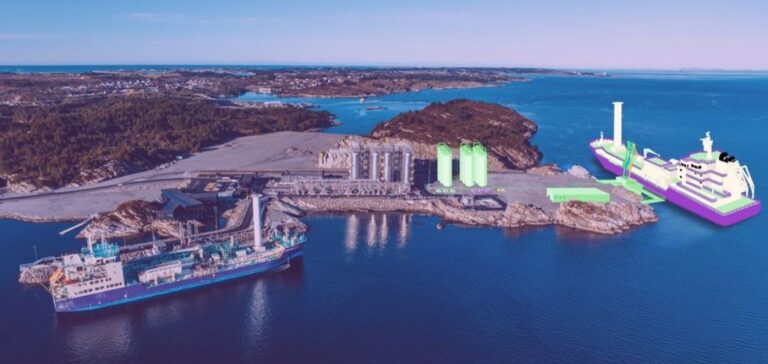Luxembourg-based Subsea 7 S.A. has announced it has secured a sizeable contract as part of Phase 2 of the Northern Lights project, developed by Equinor ASA off the Norwegian coast. The contract, valued between $50mn and $150mn, designates Subsea7 as the technical service provider for a strategic offshore carbon dioxide (CO2) transport and storage programme.
The scope awarded to Subsea7 includes engineering, procurement, construction and installation of a five-kilometre subsea CO2 pipeline. The company will also be responsible for installing integrated satellite structures, umbilicals, subsea tie-ins and pre-commissioning operations. Project management and engineering activities will commence immediately from Subsea7’s Stavanger site. Pipeline fabrication will be carried out at its production base in Vigra, Norway.
Operations scheduled for 2026 and 2027
Offshore works are scheduled for 2026 and 2027. The Northern Lights project is a joint venture between Equinor, Shell plc and TotalEnergies SE. It receives funding from the Connecting Europe Facility for Energy (CEF Energy) programme, which supports the development of pan-European energy networks. The contract represents a new stage in the project’s implementation, which aims to increase subsea CO2 storage capacity to at least five million tonnes per year.
All planned infrastructure forms part of an industrial system supporting the regional carbon capture and storage value chain. The capacity expansion is positioned as a logistical component of the interconnected transport network in Northern Europe.
Subsea7’s strategic involvement in Norway
Erik Femsteinevik, Vice President for Subsea7 Norway, highlighted the continued collaboration with Equinor and its partners under this initiative. He noted that the new contract would strengthen Subsea7’s presence in Norway while consolidating its expertise in high-complexity subsea installation operations.






















